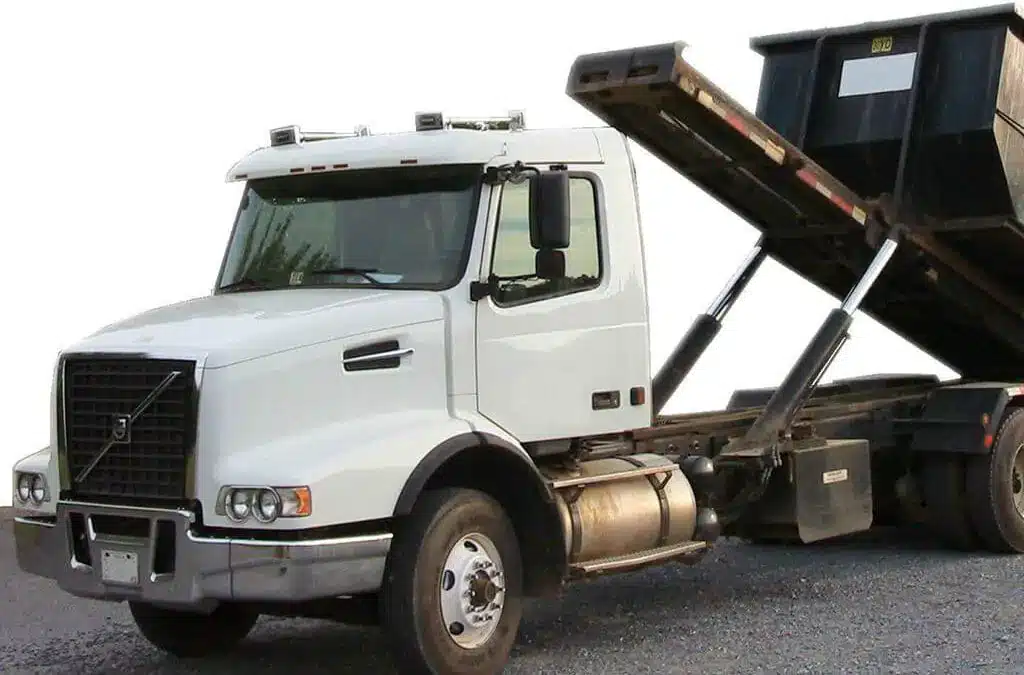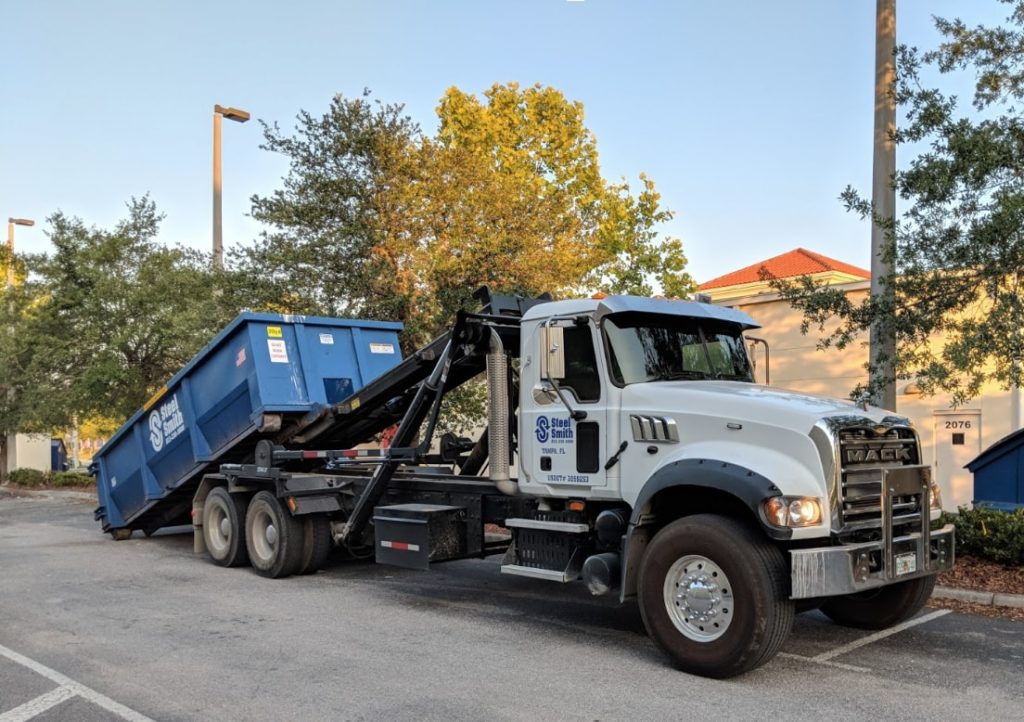How Much Do Roll Off Drivers Make?

What Is A Roll Off Driver?
Roll off drivers transport open-top and compacted waste containers between customer sites and disposal facilities. They operate trucks equipped with hydraulic systems that can load, transport, and unload large waste containers.
These professionals typically work for waste management companies, municipalities, or construction firms. Their primary goal is to ensure timely pickup and delivery of containers while maintaining safety standards.
A typical workday might start early in the morning and involve multiple stops at different locations. Drivers often follow predetermined routes but must be flexible to accommodate special requests or emergency pickups.
The role requires working in various weather conditions and environments, from construction sites to residential areas and landfills.
What is the average salary for a roll-off driver?
Roll-off drivers earn varying salaries based on location, experience, and employer. According to recent data, these specialized truck drivers receive competitive compensation for their skills in handling waste management vehicles.
On a national level, roll-off truck drivers command higher rates. The average hourly pay across the United States stands at $23.27 as of March 2025.
When considering annual earnings, Glassdoor provides the most comprehensive outlook. Their data indicates the estimated total pay for roll-off drivers averages $81,266 per year, with a base salary of about $66,453 annually.
Regional Rates For Roll Off Truck Drivers
It’s worth noting that some employers may offer significantly different compensation. For instance, WM (formerly Waste Management) reportedly pays roll-off drivers in Texas approximately $37,000 annually, which is 43% below the national average. In Texas, the average hourly wage for roll-off drivers is approximately $22.39. This rate reflects the specialized nature of the position and the skills required to safely operate roll-off trucks.
ZipRecruiter reports a slightly different figure, stating that roll-off drivers in Texas earn an average of $21.68 per hour as of March 2025. The platform also notes that wages can range from $30.01 at the high end to significantly lower amounts for entry-level positions.
Professional roll off drivers can enhance their careers through continuous learning and staying current with industry trends. The following areas showcase opportunities for growth and advancement in this dynamic field.
Roll Off Trucking Continued Education Opportunities

Roll off drivers can pursue various certifications and specialized training to improve their skills and employability. Many companies offer in-house training programs focused on advanced safety protocols and equipment operation techniques.
Safety certification programs like the Smith System defensive driving course provide valuable skills that reduce accidents and improve efficiency. These programs teach drivers how to anticipate dangerous situations and respond appropriately.
Hazardous materials handling certifications are also valuable, as they allow drivers to transport specialized waste materials that require additional precautions and knowledge. These certifications typically command higher pay rates.
Some drivers pursue management courses to prepare for supervisory positions. Learning about logistics, team leadership, and operational efficiency can open doors to advancement.
Career Advancement Prospects
Experienced roll off drivers have several paths for career growth. Many advance to positions as dispatchers, where they coordinate routes and schedules for multiple drivers while ensuring efficient operations.
Safety trainers and instructors are needed to teach new drivers. Experienced professionals with strong safety records and communication skills are ideal for these roles.
Some drivers move into operations management positions. These roles involve overseeing fleet maintenance, scheduling, and ensuring compliance with regulations. Leadership experience and operational efficiency are highly valued for these positions.
Entrepreneurship is another option, as some drivers establish their own waste hauling businesses after gaining industry knowledge and building client relationships. This path requires business management skills in addition to driving expertise.
